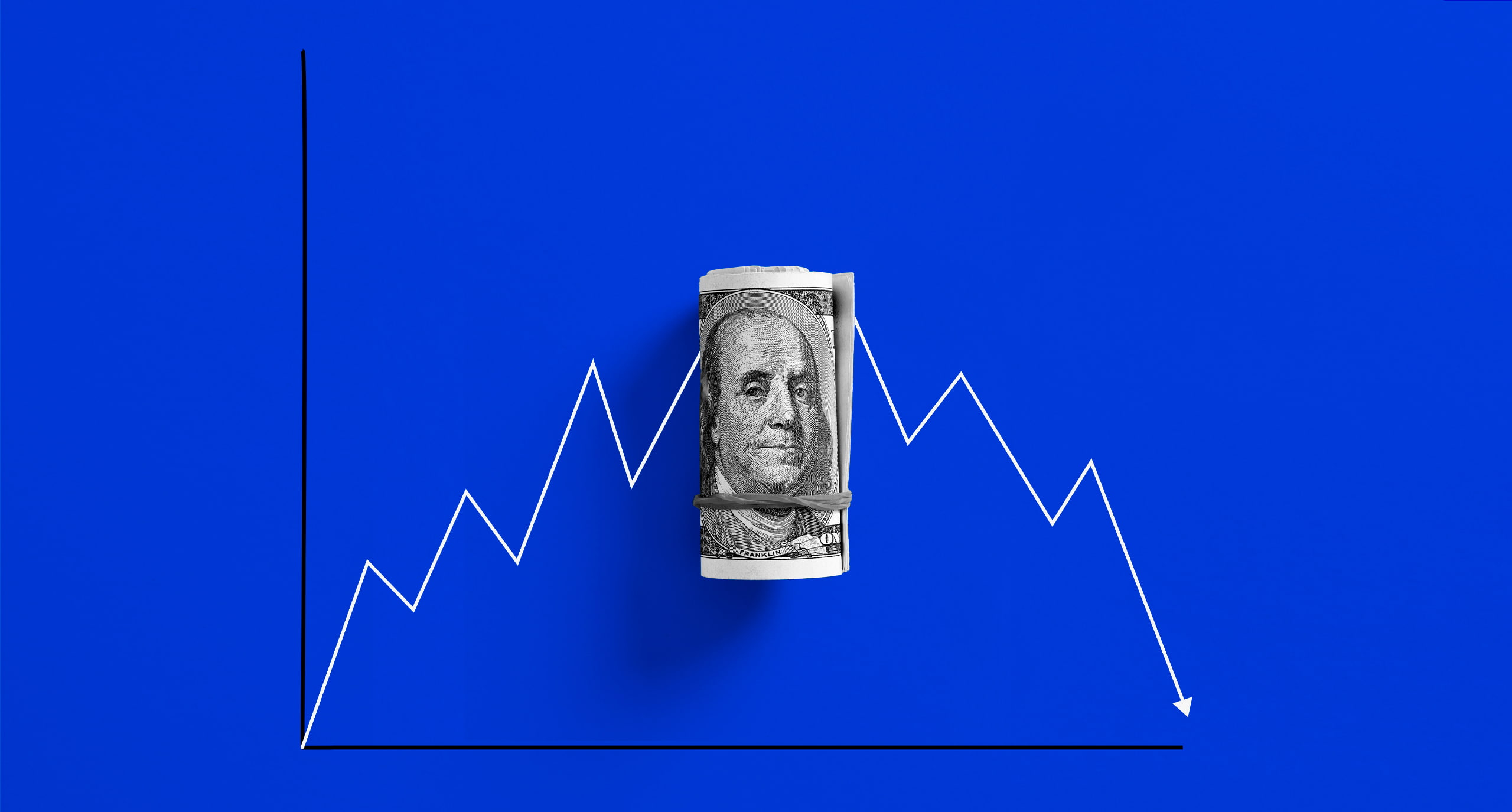21/06/2023
How important is the GMAT in launching your career in finance? This pivotal test could mark a turning point in your professional journey.
Have you taken your General Management Admission Test (GMAT)? We have previously discussed what it is, why you should consider booking your test and why it’s an essential step in gaining admission to many business schools around the world. But did you know your GMAT score can also have implications for your professional career?
Apart from our rigorous application process, the Master in Finance is designed for students who want to operate at the highest levels of the industry, and the program accepts competitive scores in various standardized tests, including the GMAT.
Recently, we spoke to three members of the IE Community to gain some diverse, firsthand insights on this vital test. Anousha Bonn is currently pursuing her Master in Finance at IE Business School. With years of experience studying and working in business, strategy and wealth management, she holds a well-rounded view of the value of the GMAT in finance education.
That said, the conversation wouldn’t be complete without understanding what employers and recruiters are looking for when analyzing your GMAT results. For this, Niccolò Mazzucchelli, the senior manager of Global Admissions & Enrollment at IE Business School; and Joe Weeks, an admissions advisor in the same department, shared their respective points of view.
How does a competitive GMAT score help students stand out during the job-search process in the finance industry?
According to Master in Finance student Anousha, scoring high on your GMAT lets you join an exclusive group of professionals in high demand by leading employers today. “A high GMAT score allows you entry into the top business schools where employers and recruiters typically look for candidates,” she explains. This lets you stay ahead of the competition, presenting opportunities that you probably wouldn’t know about otherwise.
On the other hand, finance experts Niccolò and Joe see the test as definitive proof of your abilities and potential. Every section of the GMAT assesses a specific competency, turning the exam into what Niccolò describes as a “solid business card.” As a result, companies are able to evaluate a candidate’s aptitude for quantitative reasoning as well as their logical interpretation skills.
It’s important to understand that recruiters see competitive GMAT scores as a strong indicator of high-level performance in the future.

As Joe says, “A high GMAT score is highly useful, not just for a quick application process, but also in your resume and job applications… we always advise candidates to score as high as possible.”
What benefits does a GMAT-taker unlock for their professional career?
That said, the score isn’t the only takeaway from the General Management Admission Test. Students who choose to try their hand at the exam also go through a rigorous preparation process—challenging, but resulting in unexpected benefits for test-takers that lead to personal and professional growth. As Niccolò explains, “The journey that each GMAT-taker embarks on when preparing for the exam is a testament to their resilience, willingness to learn and capacity to work under pressure.”

For Anousha, a surprise perk of the test was the chance to sharpen her strategic thinking skills.
“The GMAT trains you to think clearly and quickly in multiple areas: solving questions, doing head mathematics, deciding how much time you should spend on a query, deciding how you want to tackle a problem and much more,” says the Master in Finance student. Additionally, students can expect to develop their numerical and quantitative skills further too.
Five tips for success in your GMAT
As a veteran of the GMAT, Anousha says that certain methods helped her tackle the pivotal exam effectively. Luckily, these five tips are easy to implement, allowing other students to replicate her approach for GMAT success. They include:
1. Learn how to take the GMAT, not how to solve the problems. The GMAt’s format and time limit means that students have to take a well-thought-out approach to the test. “You need to have a strategy for the exam, not just focus on getting every single question right,” she says.
2. Know your strengths. Understanding what your strengths and gaps are allows you to structure your study plan optimally.
3. Preparation is key. “Don’t wait until the very last minute to study for the test,” Anousha advises. “Instead, do your last practice exam a couple of days before, and walk into your GMAT with a fresh mind.”
4. Be consistent. Pre-planning and time management will help you stay on track throughout your GMAT journey.
5. Take your time. Getting a high GMAT score requires a lot of time, prep work and dedication. It’s important to do the work methodically, instead of rushing and risking burnout.
A word of advice
Taking the GMAT is an essential element of not only your business school application package, but also your competitive edge in the job market. “Although the process can be tiring and demanding, the GMAT only works in your favor when it comes to future opportunities in finance and for your own personal development,” Anousha commented.
Niccolò echoes this sentiment: as he sees it, “A good GMAT score will not only help you get into your dream business school, but also benefit you even after you have enrolled in the Master in Finance. But what happens if you take the test but are unhappy with the results? “Don’t give up after your first attempt if you are dissatisfied,” says Joe, offering some advice. “Instead, use this as ammunition to improve.”
In the end, Niccolò summarizes that a GMAT isn’t just a score, but proof of your “intellectual aptitude, diligence, focus and hard work.”

But for Anousha, the stakes are much higher—she’s also determined to smash the glass ceiling as she moves higher up in her career. “As women in finance, we need to give ourselves all the competitive advantages possible and allow no room for anyone to doubt our skills and discipline.” The GMAT does exactly that, removing any room for doubt as to your competencies and dedication.








